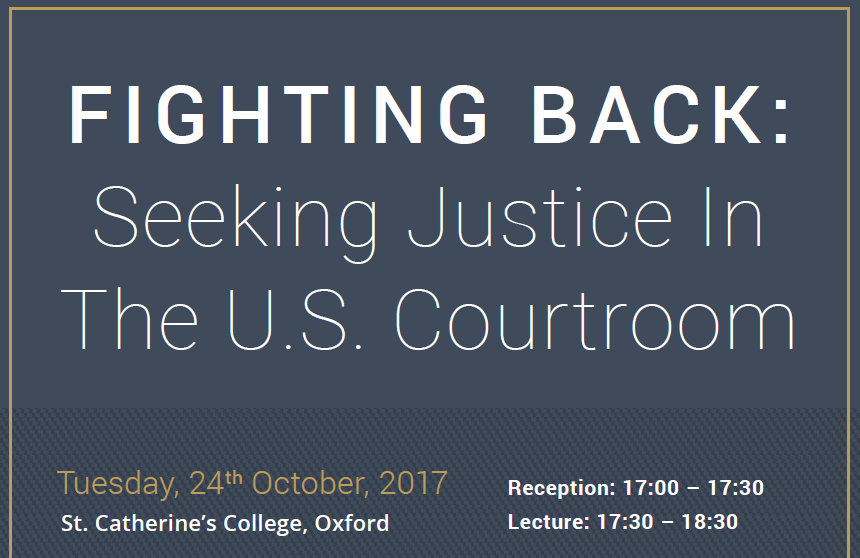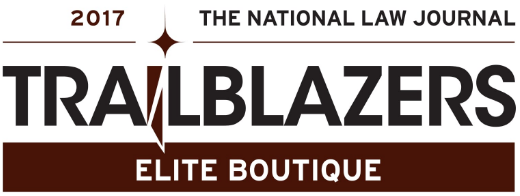In a recent Litigation Tip, we explored the perils that employees face when changing jobs. But at Lewis & Llewellyn, we represent employers in high-stakes litigation as often as we represent plaintiffs. And employers face their own unique concerns in the complex and ever-changing world of employee mobility.
It is very common for contracts, including employment contracts, to contain a choice of law clause, a forum selection clause, or both. These clauses dictate both the venue for any future litigation between the parties, and which state’s law should apply. In 2017, California enacted Labor Code section 925 which has a direct impact on employment contracts for employees who live and work primarily in California. In broad terms, the new provision prevents such employees from being bound to a contractual provision that would force the employee to litigate outside of California, or litigate under another state’s laws, on claims that arose in California. The provision applies to contracts entered into, modified or extended on or after January 1, 2017, and applies to both litigation and arbitration. Not only that, the provision allows for the recovery of attorneys’ fees and injunctive relief for employees having to enforce their rights under the new section. There is, however, a carve out for employees represented by counsel during the negotiation of the contract.
Employers with California employees would be well advised to review their employment agreements for compliance with the new provision, and should keep the new provision in mind when extending or modifying existing agreements, or entering into new agreements with California employees. Where applicable, employers may also want to memorialize the presence of counsel during the negotiations when seeking to avoid the impact of the new section.


